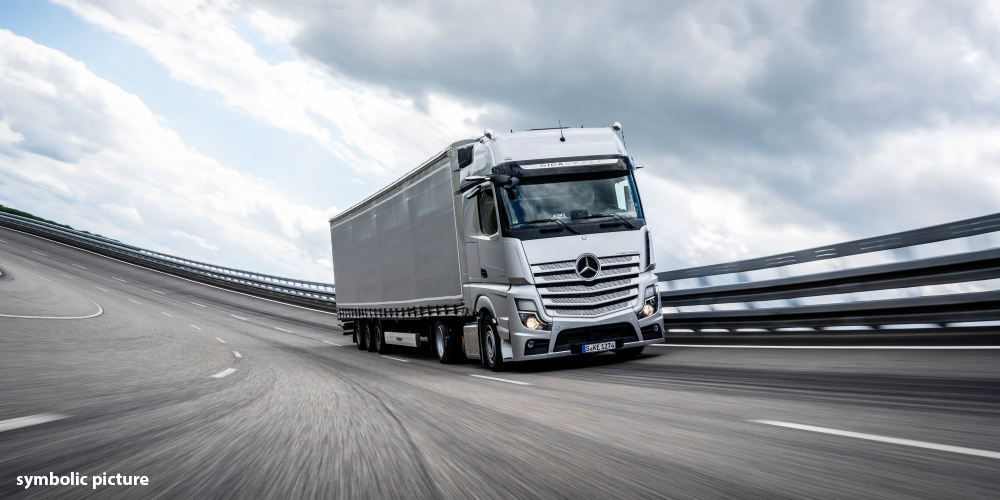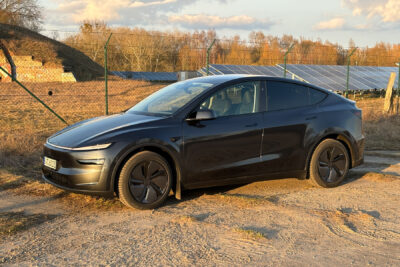EU agrees on CO2 targets for trucks for the first time
Negotiators from the European Parliament and the Council have now agreed that the average CO2 emissions of new trucks and buses from 2030 must be 30 per cent lower than in 2019. An interim target of 15 per cent is to be introduced for 2025, given the provisional agreement goes through.
In steering the draft law through the 28-nation Parliament, the preliminary breakthrough was reached through nearly seven hours of talks. The compromise between Parliamentarians and negotiators from the ministries largely follows the propositions first made by the EU Council last December reportedly. Under the current agreement, emissions from new trucks will have to be 30% lower in 2030 compared to the 2019 emissions. It is a little less than the 35% the EU Parliamentarians initially imagined.
However, it must be considered progress as it is the first time that an agreement for vans and trucks is close to a final decision. Moreover, it will likely do away with so-called super credits from 2025, according to information from the European environmental group Transport and Environment. Previously this ‘supercredits’ accounting method made it possible to count sales of zero emission trucks effectively double towards meeting a manufacturer’s CO2 target. Truckmakers will only be able to use the ‘supercredits’ accounting trick until 2025 because the European Parliament has pushed through a non-binding sales target or benchmark, that will replace the system from 2025 onwards.
Manufacturers whose new truck sales reach more than 2% electric and hydrogen vehicles will be rewarded with a lower CO2 target, according to this latest proposal. The includes a two-tonne additional weight allowance for zero-emission trucks. Stef Cornelis, cleaner trucks officer at T&E, said that “after 20 years of very little progress on fuel efficiency, truckmakers now need to start offering affordable, low-carbon trucks”.
The laws are a signal that Europe wants to clean up its road transport. In this regard, Stef Cornelis observed that “so far Europe’s big truckmakers have done very little to create a market for electric and hydrogen trucks. They now have a unique opportunity to take the lead in the race to produce affordable, reliable zero-emission trucks. But they better hurry or they’ll be playing catch up with the Chinese and the Californians just like European carmakers.”
The European Automobile Manufacturer’s Association Secretary General Erik Jonnaert said in an emailed statement to Bloomberg: “We can now only call upon member states to urgently step up their efforts to roll out the infrastructure required for charging and refuelling the alternatively powered trucks which will need to be sold en masse if these targets are to be met.”
Following this provisional political agreement, the text of the Regulation will have to be formally approved by the European Parliament and the Council. Once endorsed by both co-legislators in the coming months, the Regulation will be published in the Official Journal of the Union and will immediately enter into force.
bloomberg.com, europa.eu, transportenvironment.org
Additional reporting by Nora Manthey.





1 Comment